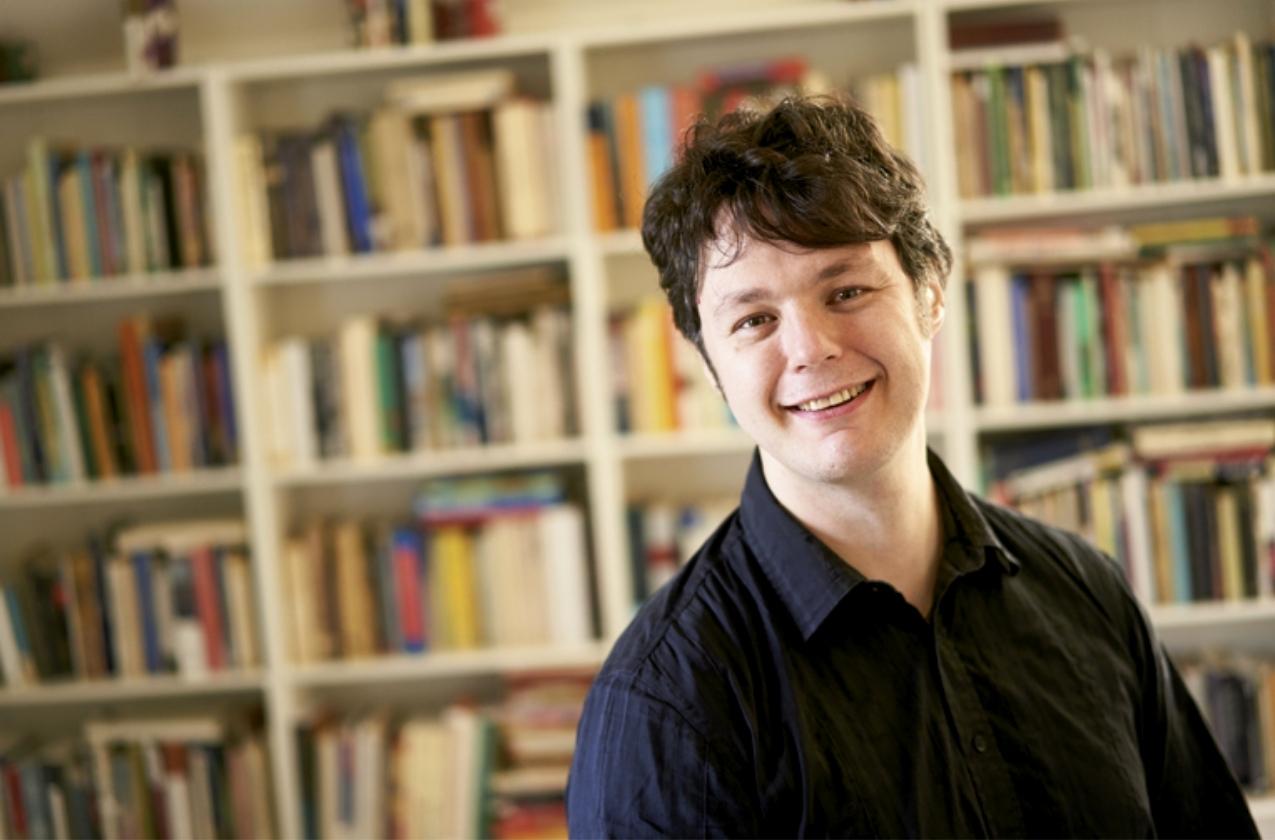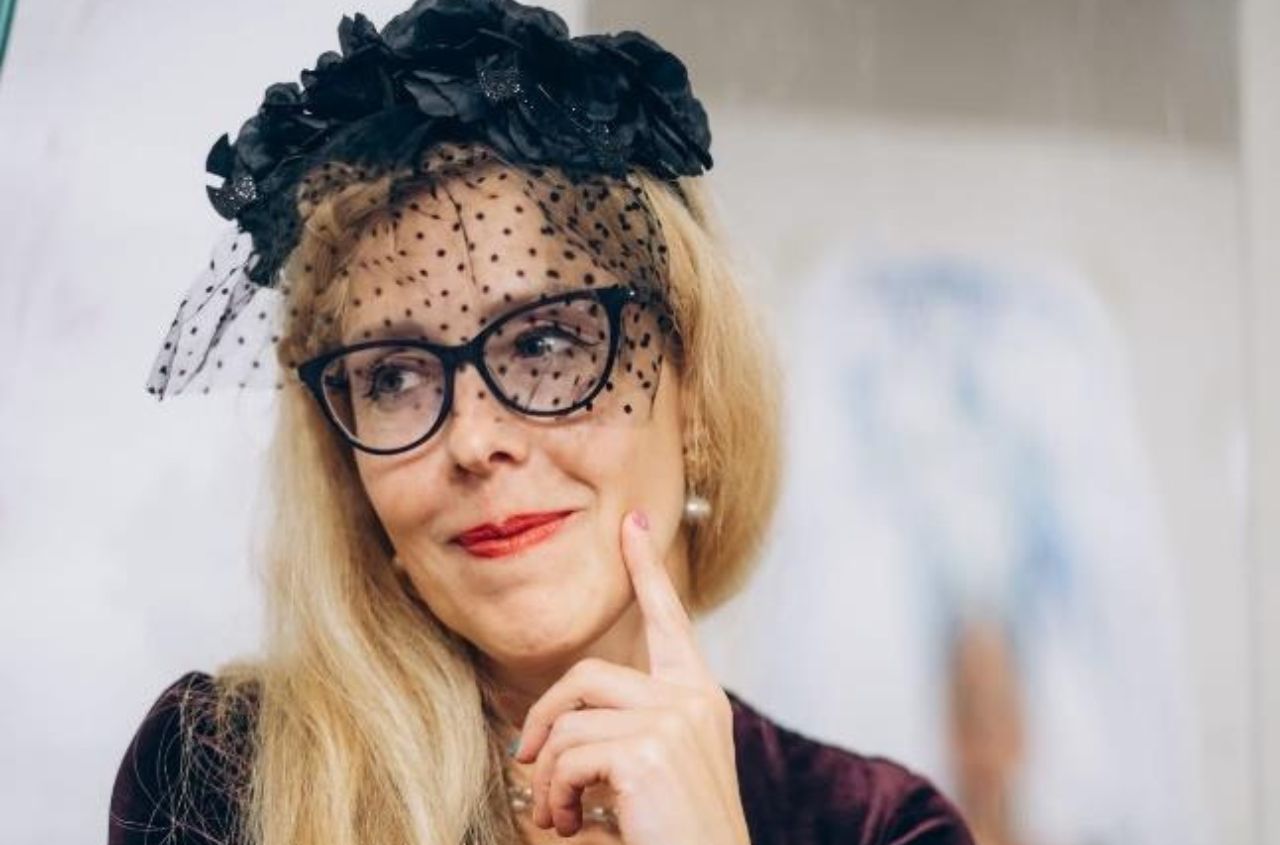The Odessa Journal continues to tell about the Odessans, whose talents increase the fame of the city abroad. This time we want to tell about 43-year-old Ilya Kaminsky, a Ukrainian-Russian-Jewish-American poet, who was nominated for the Nobel Prize in Literature.
Born on April 18, 1977, Ilya Kaminsky was raised in Odessa, Ukraine, the former Soviet Union. At age four, he lost most of his hearing after a misdiagnosis. His family received asylum from the US government in 1993.
When, in 1993 the 14-year-old moved with his parents to the United States, he could not imagine that his name would ever be on a par with the Japanese Haruki Murakami among the contenders for the Nobel Prize.
I learned about my nomination at the university where I work from colleagues, and they read about it in the news. He was very surprised, grateful, but on the other hand, had no illusions.
Ilya Kaminsky

Ilya decided not to write in his native language - it was important to him that the meaning of the lines was understood by the locals. He was motivated to write the first poem in English by a heavy loss: at the age of 16 the boy lost his father, who instilled in Ilya a love for Russian classics, read to him before going to bed Pushkin, and later - Tsvetaeva.
Having published two collections of poems overseas, Ilya was awarded about ten prestigious literary prizes in the United States, but still considers himself a resident of Odessa.
I don’t write in a language in which I have ever heard lullabies as a child. My English is the world I make as I go. It is already a private language, an imaginary language. Already a wreckage. My job is to find, among those wreckages, what is beautiful, what might have lasting value (however mistaken I might be about that value) what is worth learning by heart, repeating, becoming a spell. That is the goal.
Ilya Kaminsky
Ilya Kaminsky has only published two poetry collections in 15 years, but his second, "Deaf Republic", has been hailed as “a contemporary epicâ€, “a perfectly extraordinary book†from a poet described by the writer Garth Greenwell as “the most brilliant of his generation, one of the world’s few geniusesâ€.
The story follows the private lives of townspeople encircled by public violence: a newly married couple, Alfonso and Sonya, expecting a child; the brash Momma Galya, instigating the insurgency from her puppet theater; and Galya's girls, heroically teaching signing by day and by night luring soldiers one by one to their deaths behind the curtain.


The fame of the writer brought a collection of poems dedicated to his hometown, "Dancing in Odessa", which was republished more than ten times. In the title poem, Kaminsky writes of loss of hearing: “My secret: at the age of four I became deaf. When I lost my hearing, I began to see voices.†Seeing voices might as well be the secret of Kaminsky’s poems. These voices are often presented visually in italics, so that they are not exceptionally offset, at least visually, from the rest of the poems. This imparts unity to the works, which their authoritative tone demands.


"Dancing in Odessa" (2004) was recognized in the USA as the Poetry Book of the Year by the authoritative magazine "Forward".
I do not consider myself an American writer, I am from Odessa. My poems are the poems of the poet of the South Russian school, but in English. For American readers, this image of the world opens up something new. This is the highlight!
Ilya Kaminsky
He considers life in the Odessa to be a school of life and admits that it did not always teach him only good lessons. But Odessa is also a school of light, a school of color, a school of survival, through language, humor, sea, poetry. Milan Kundera has a work "The Unbearable Lightness of Being". Ilya remembered this phrase, although the novel itself has long been forgotten. There is something Odessa, something southern, Black Sea: a little sea, a little sun, a little wine.
The poet also lived in a city by the sea - in the American Odessa, San Diego, and the local environment reminds him of the local. Currently, he holds the Bourne Chair in Poetry at Georgia Institute of Technology and lives in Atlanta. Kaminsky is a judge for the 2021 Griffin Poetry Prize.
When Ilya returns to Odessa, it seems to him that time has stopped, as if he did not leave the city.






















